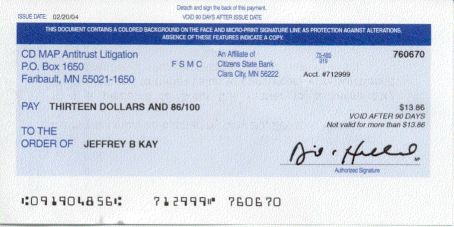I was amused to see this story — Music Industry Embraces an Online Future — talk about how the music industry is getting healthier with online music sales. The story is pretty much a fluff piece about how people are starting to buy music online, but the funniest quote in the article has to be this one:
“The subscription model will be incredibly popular once people understand it and get their heads around it. The difficulty is that it’s so radically different to what people have seen in the past. It’s not like an electronic version of a record store,” said Barney Wragg, vice president of Universal Music International’s new media division, Elabs.
The only people who don’t understand the subscription model are the music executives. All you can drink is a way of life in the US, from cell phones to long distance to Golden Corral. I commented almost two years ago when iTunes started up that they needed to move to a subscription model. Everyone assumed that original Napster service would charge between $5 and $20 per month. Boys and girls, XM offers subscription music service via satellite. Hello? Anyone home in the music industry?
The fact is that the music industry is doing everything it can to avoid the future. Ultimately we’re going to have music on demand services, paid by subscription, that we can carry around on whatever the iPod evolves into. This middle step of selling songs online for 99 cents is probably necessary and thankfully there are enough people willing to pay through the nose for worse service (here’s where you should insert my rant about how $10 per album for music is a rip-off without getting the atoms to go with the bits; for $10 you can own the actual CD and rip it yourself). But everyone understands the subscription model. If the music industry moved quickly, it would have avoided Kazaa and all of the other Gnutella spin-offs. But instead, they continue to move at a glacial pace, sticking a toe at a time in the water while everyone else continues to download music, eroding the possibilities of success in the future.

